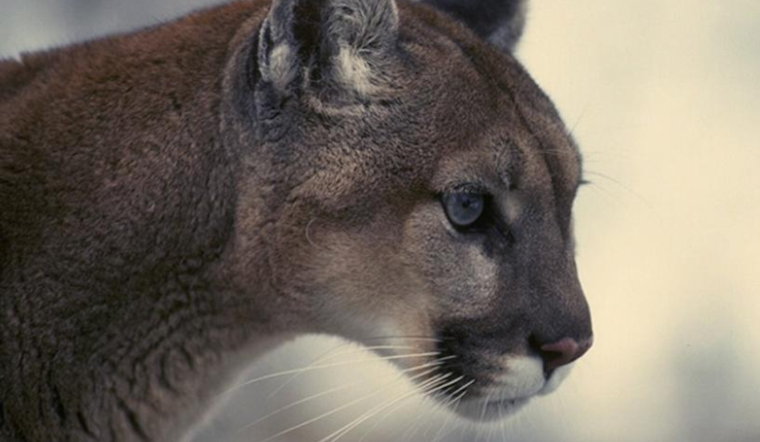As the winter chill descends upon us, Boulder residents are being alerted to brace themselves for heightened mountain lion activity in the local area. This increase is particularly expected near the town and more densely populated regions as the colder months set in. According to the
City of Boulder
, while mountain lion encounters and incidents of them preying on pets do occur in Boulder, the risk they pose to people remains statistically insignificant. However, the community is advised to remain vigilant and learn how to safely deal with a possible encounter.
Encountering a mountain lion can be a tense experience, but keeping a cool head is crucial. “Do not approach a lion. Most mountain lions will try to avoid confrontation. Give them a way to escape,” cautions the city’s guidance, as per the
City of Boulder
. It further advises to speak calmly and firmly if you come upon a lion, and importantly, to not run, a response that may trigger the animal’s instinct to chase. Residents are also advised to make themselves appear larger and to keep children close, as panicked running could incite an unintended reaction from the mountain creature.
To reduce interactions with mountain lions, several preventative measures can be implemented by homeowners. Among them, setting up outdoor lighting and keeping pets indoors at night, or when visibility is poor such as at dusk or dawn, when such predators are most active. The city also emphasizes the importance of supervising children while outdoors and making efforts to reduce the attractiveness of your property as a potential hunting ground by removing access to food sources.
As integral parts of the Front Range ecosystem for millennia, mountain lions are both solitary and territorial. When a mountain lion establishes its territory, it is often the only lion in that area. Removing or relocating lions observed in the city is not viewed as an effective long-term solution, as it doesn’t decrease the potential for future conflicts but rather leaves a vacancy that will likely be filled by another lion. Hence, the focus is placed heavily on education and community awareness, with removal or relocation reserved for those individual lions demonstrating abnormal or aggressive behavior towards humans.
Note: Thank you for visiting our website! We strive to keep you informed with the latest updates based on expected timelines, although please note that we are not affiliated with any official bodies. Our team is committed to ensuring accuracy and transparency in our reporting, verifying all information before publication. We aim to bring you reliable news, and if you have any questions or concerns about our content, feel free to reach out to us via email. We appreciate your trust and support!



Leave a Reply